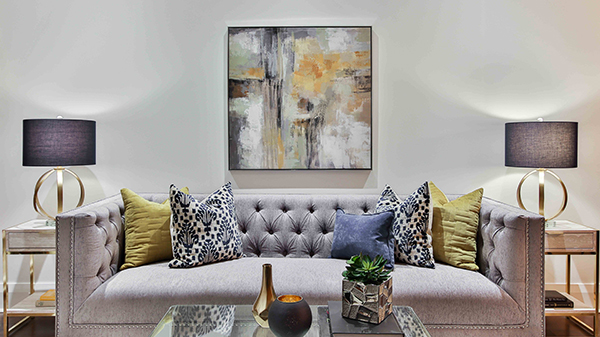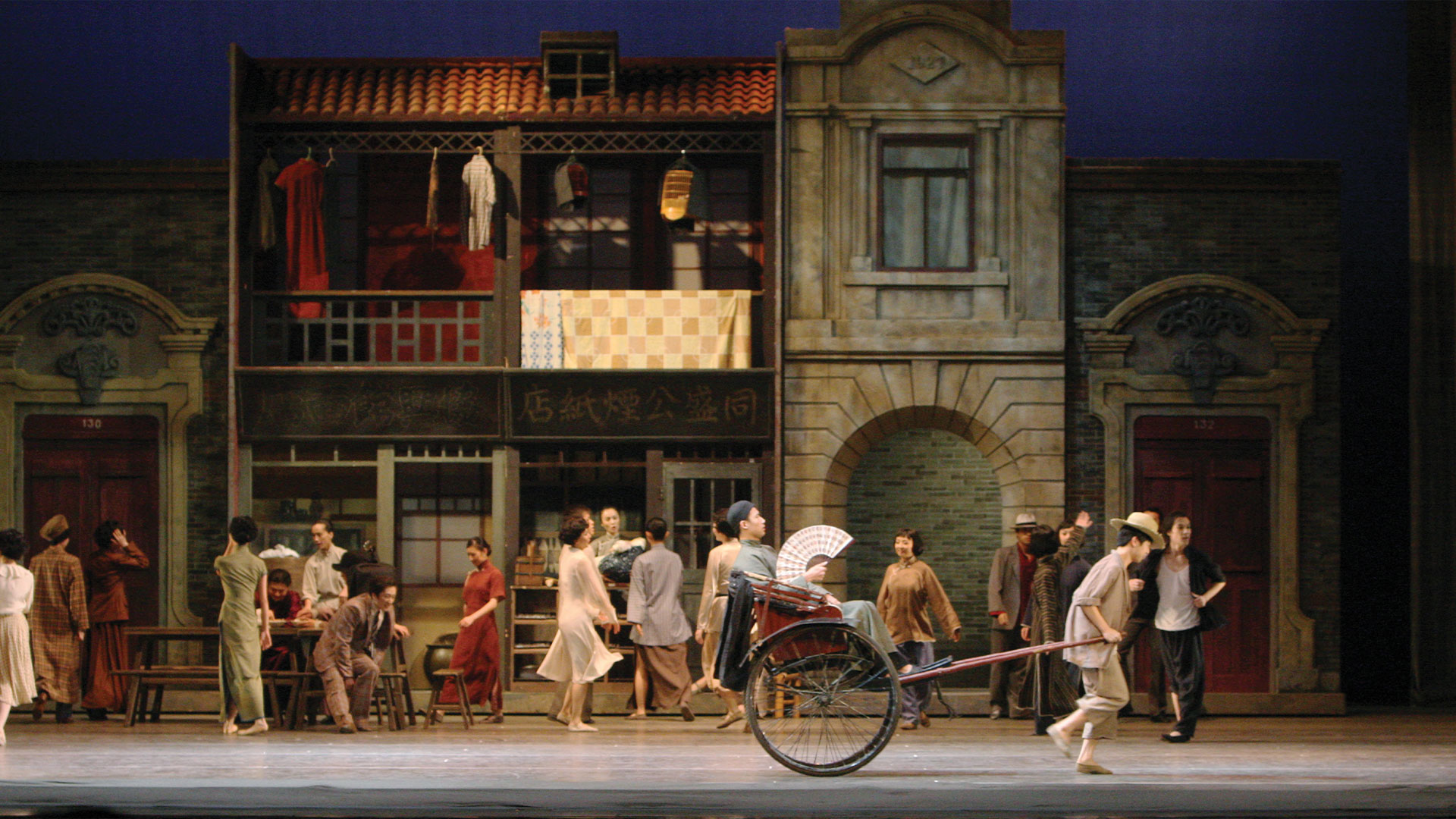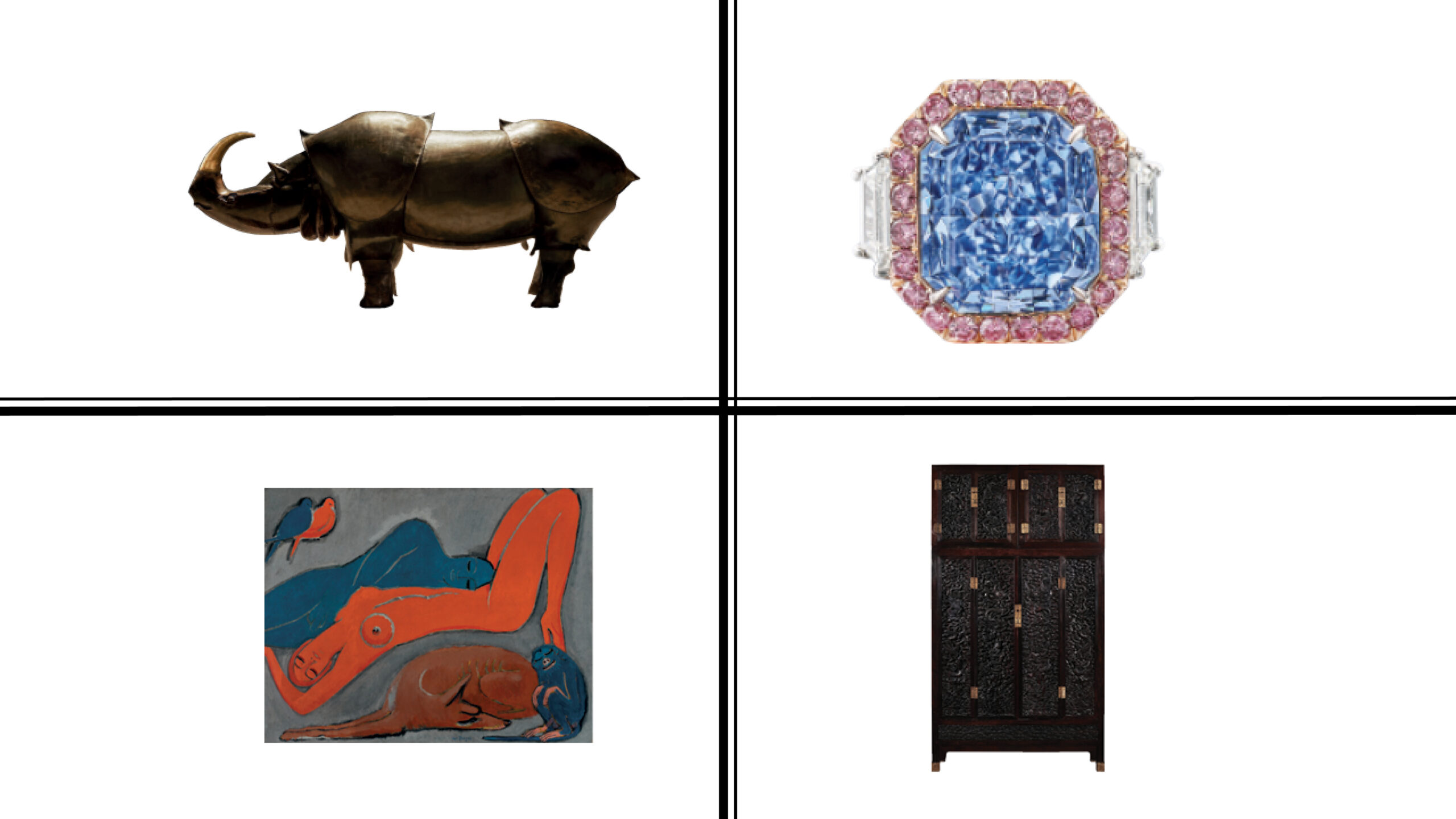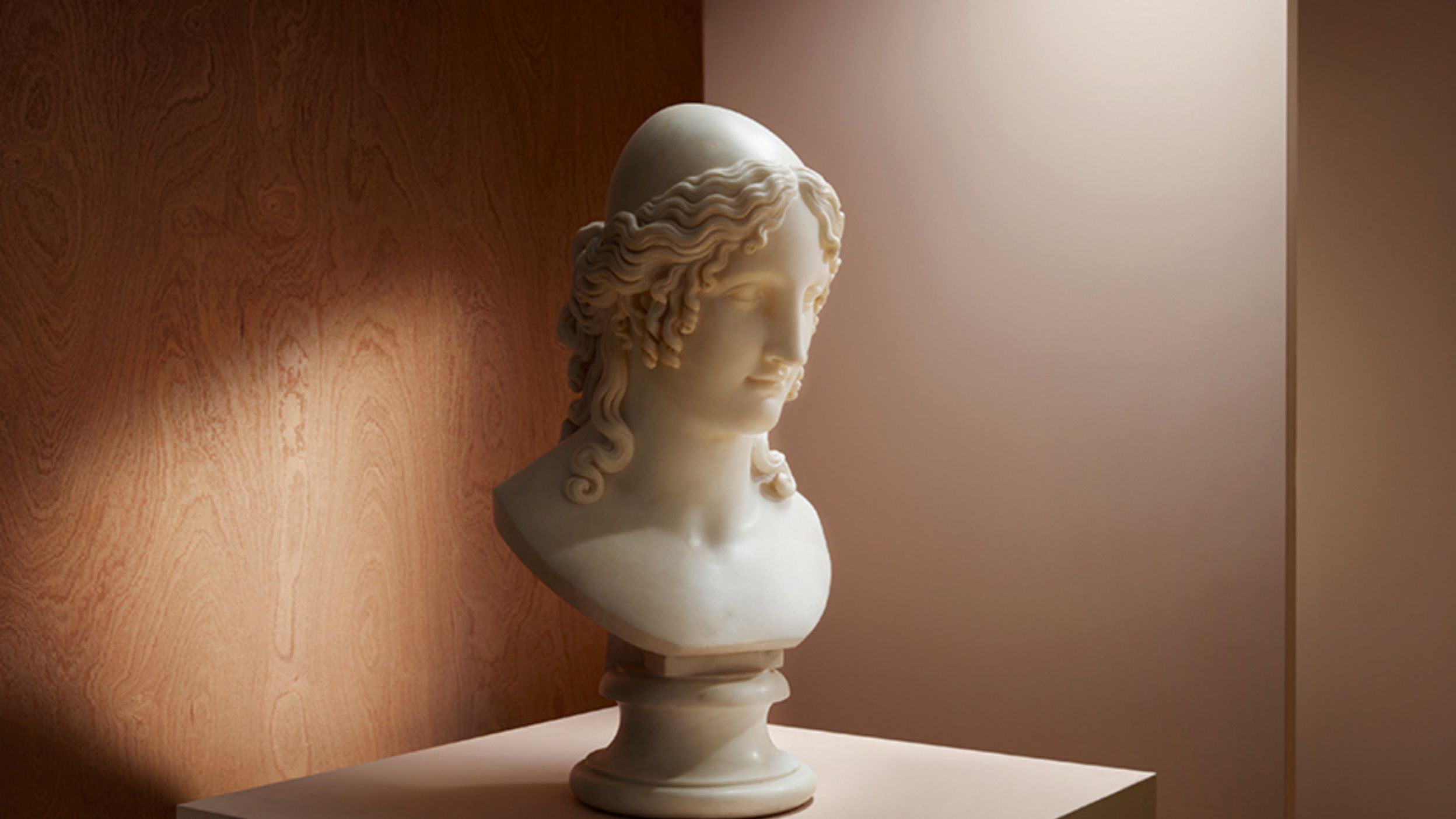
Top tips to light up your fine art collection
Artwork, as any interior decorator would say, is the perfect way to add depth and a touch of class and character to any space. But if decorating the home was as simple as hanging a canvas on a wall or setting a sculpture in the corner, many of us would qualify to become expert decorators.
With all the excitement of recent art exhibition in the past months, and more still to come, what better way to make the most of your artsy investment than to optimise your lighting at home to highlight your art pieces. Here are our top tips and tricks to light up fine art at home and make your gallery shine:
1. Keep paintings away from direct sunlight

Every home is made more homely with ample natural light to spill into the room, but when it comes to placing paintings directly under the glare of the sun, it would be wise to reconsider another place to light up fine art than next to the windows. UV rays and infrared light break down organic compounds causing binders in substances like those in paint to break down and degrade. So make sure your oil paintings are positioned away from direct sunlight or any source of infrared light.
2. Layer your lighting and place them at a 30-degree angle
Good design is all about layers, and lighting is no exception. Layering your light source helps create contrast, accentuate elements and highlight colours and textures. Building off of ambient lighting as a base layer to illuminate the room, you can then decide on placing recessed lights (down lights) above or accent lights next to or near art pieces to highlight specific areas, of the artwork — creating drama and shadows that position the art piece as the focal point of the room.
With recessed lights and spotlights, you can adjust and angle them at 30-degrees to create a more flattering effect on the art pieces. Especially ones encased in glass, avoiding direct light will reduce the glare reflected on the glass.
3. Consider the colour temperature of the light
You’ve heard of halogen and incandescent lights, but which exactly are best to light up fine art pieces? Incadescent lights are traditionally warmer in temperature which can affect how paintings are reflected, while halogen lights are best at replicating natural light. They emit a stronger heat but cooler temperature, similar to natural light, that cast a more flattering light on vibrant art pieces.
But keep in mind, both halogen and incandescent lights are also hotter which, over time, can affect the texture and quality of the artwork. In this case, using UV filters can help reduce the radiation and harsh light that comes from halogen and incandescent bulbs.
Also Read: Modern light designs to transform any room
4. Install LED lights

When it comes to artificial lighting, LED lights are quite efficient in illuminate the room effectively. They are up to 90-percent energy saving and have longer lifespan and softer light. Unlike halogen and incandescent light bulbs, they don’t emit infrared or ultraviolet rays that affect the qualities of delicate artwork and they cast a cooler temperature that light up fine art pieces nicely. But not just any LED light will do – to complement your art pieces with a flattering glow, a high-quality LED light source with a CRI (Color Rendering Index) level of 90 to 100 is needed to reveal the true colours of of the artworks themselves.
5. Picture lights help spotlight individual pieces
You might have seen picture lights in museums – they are those narrow, shaded beams with an arched stem that can either be mounted on the wall or attached to picture frames. They are great for spotlighting individual pieces, adding drama and creating a focal point. It is also convenient to mount in areas where larger light fixtures are unwanted or where electrical outlets are inconvenient, such as above the headboard in the bedroom. But one thing to remember is larger paintings will need larger beams and darker rooms will need brighterlights.
6. Using multiple lights for large canvases, collection or sculptures
Mounting large canvases help fill out the empty spaces on large walls. Alternatively, placing multiple artworks together can create a flow. In this case, using one light source may not be enough to highlight the entire piece or collection. Spotlights or recessed lights offer multiple light sources that can illuminate larger areas where artworks are placed together.
For sculptures, because of their three-dimensional structure, the best way to accentuate the intricate details, form and features is to place lightings behind and two angled lights above on each side. Avoid lighting sculptures from below, directly behind or directly in front which does no favours to your art display as those angles either cast too harsh of a spotlight or wash out and hides the details of your art pieces.
Also Read: Personalised Touch: Custom made décor and furniture you need for the home











